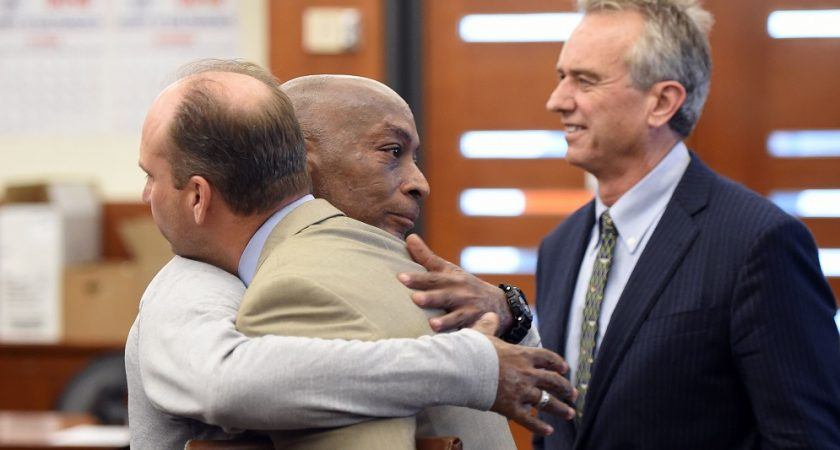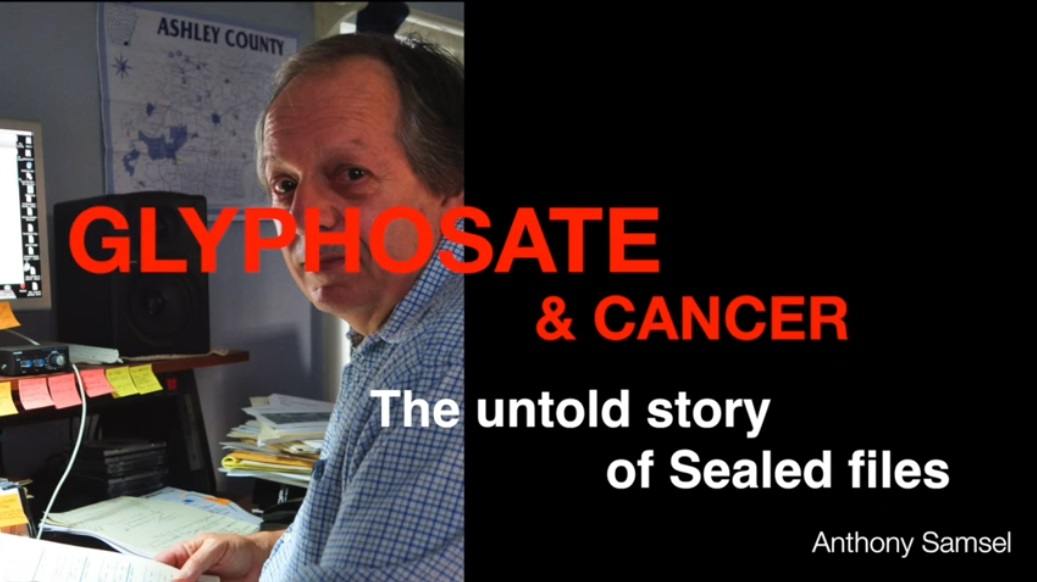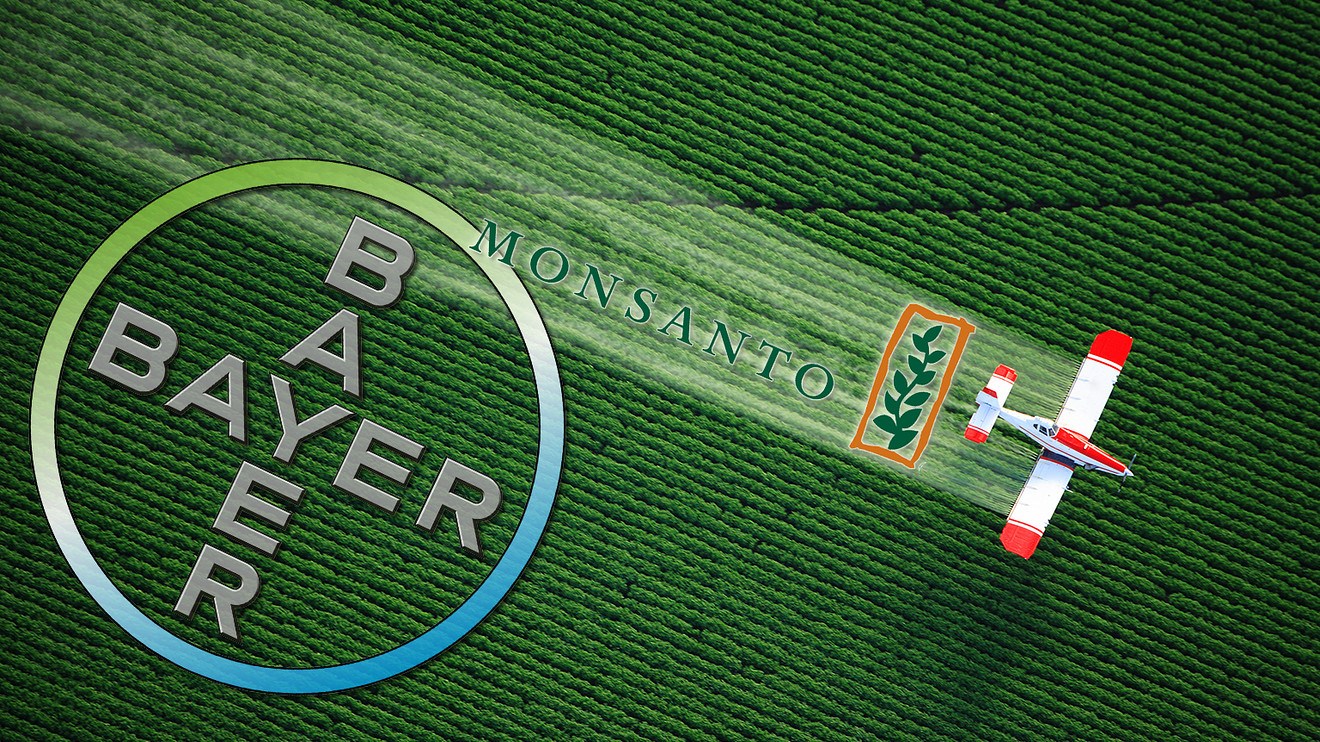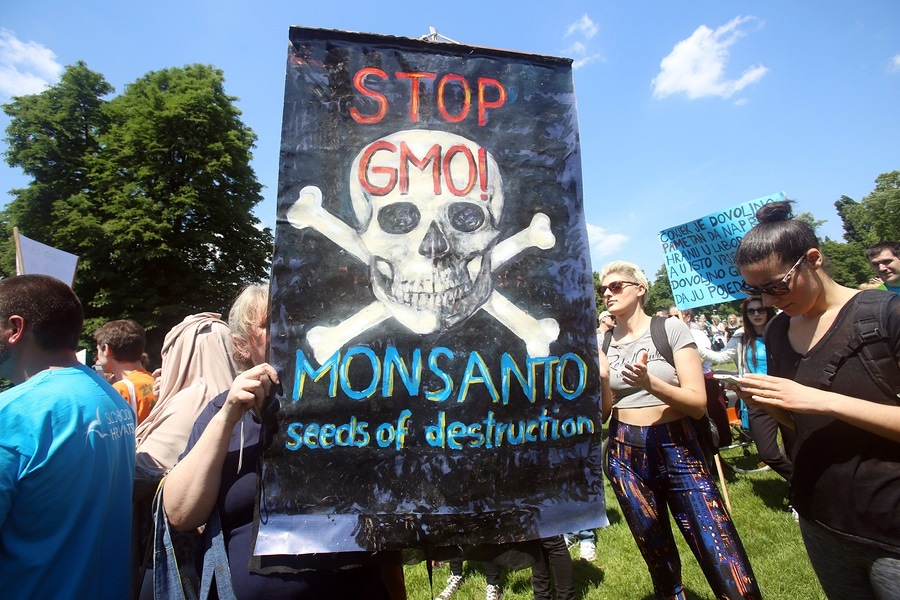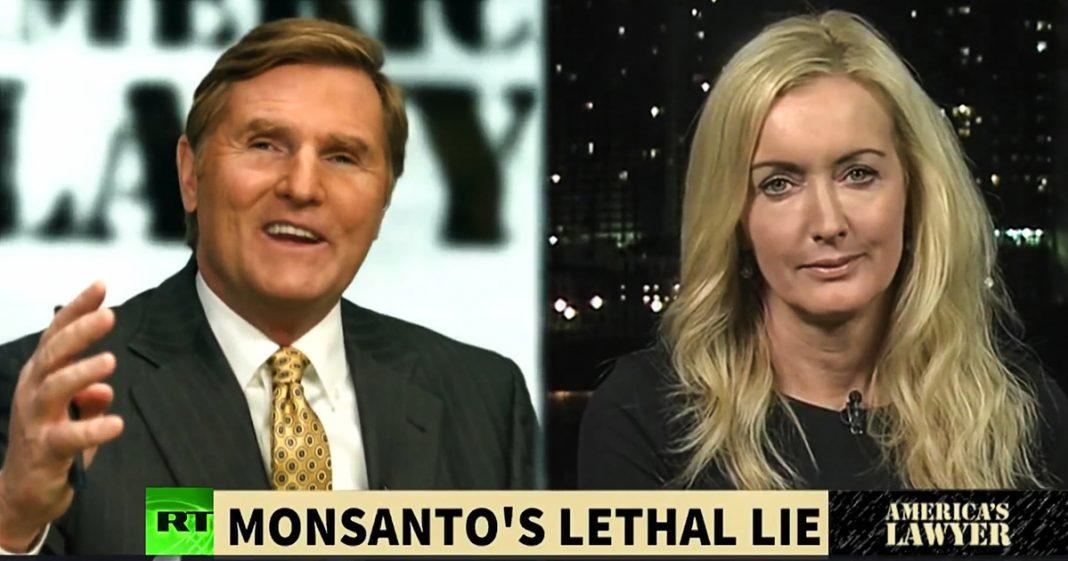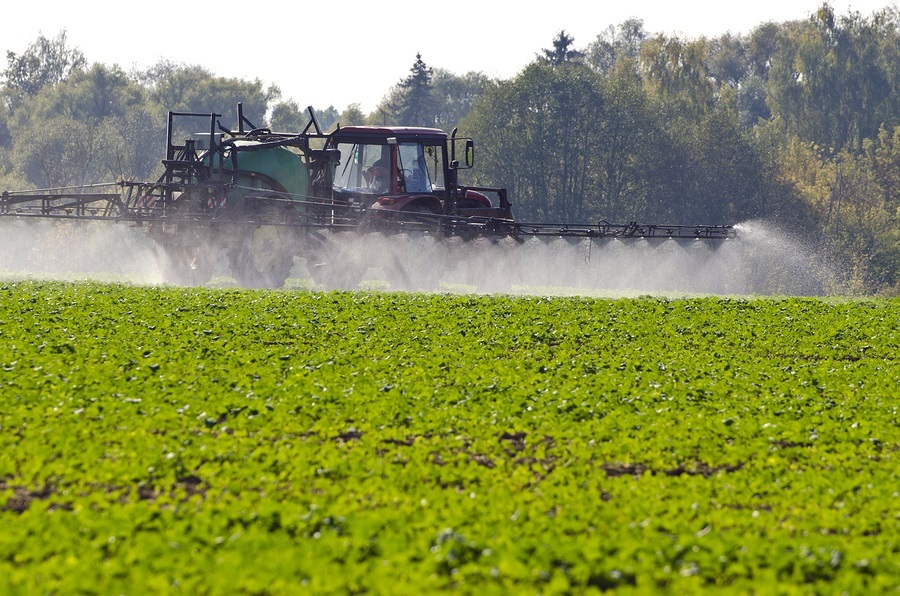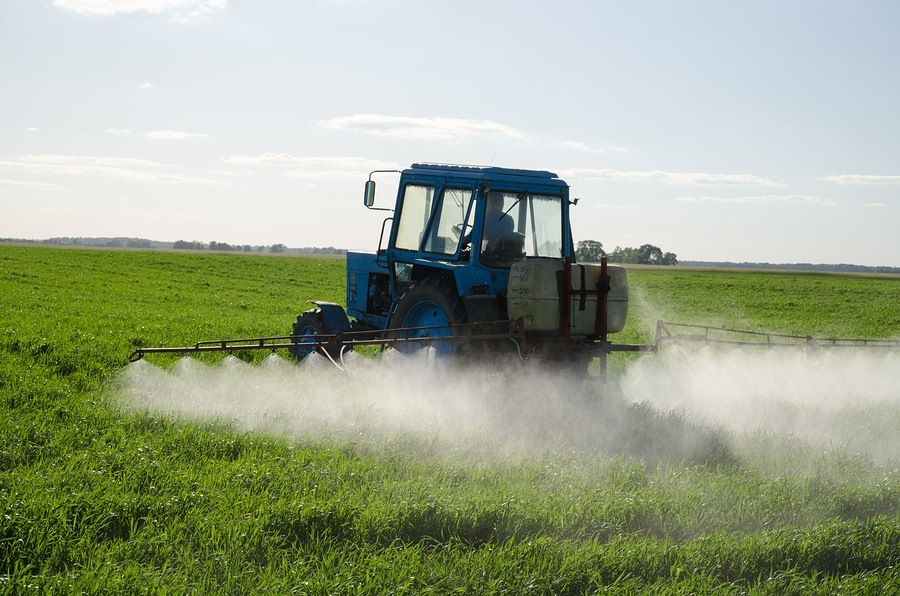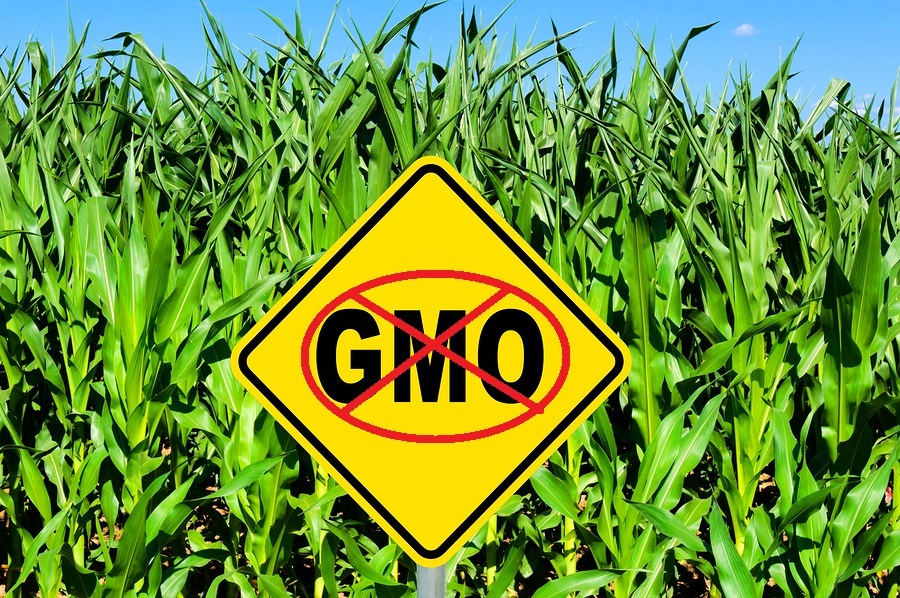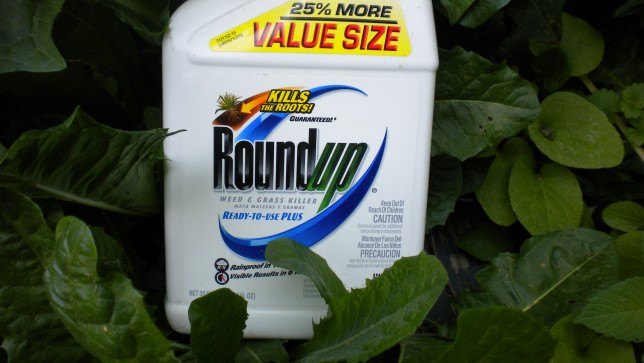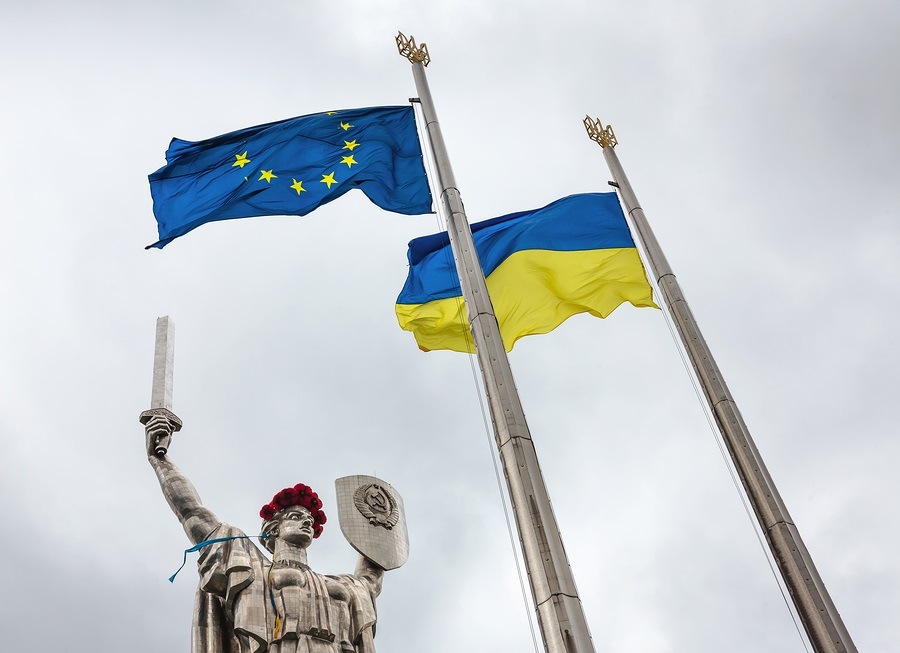Monsanto Loses: Jury Awards Millions to Man Dying of Cancer Due to Herbicide Glyphosate – What’s Next?
This past Friday (August 10, 2018) a jury in California awarded Dewayne Johnson, a former school groundskeeper who is dying of cancer that he claims is the result of years of using the herbicide RoundUp which contains glyphosate, $39 million in damages, and another $250 million was levied against Monsanto for covering up the scientific evidence that glyphosate causes cancer. This is the first legal blow against Monsanto for its herbicide product, which is the world's most common herbicide, spread on crops all over the world. In recent years, laboratory testing on urine and mother's breast milk shows that almost the entire world's population contains glyphosate in their bodies. Health Impact News has covered this story for years now, and we published an interview with Dr. Anthony Samsel back in 2015, when he was able to obtain formerly concealed documents from the Environmental Protection Agency (EPA) revealing the toxic nature and cancer risk of the ingredients in the herbicide RoundUp, but were concealed from the public due to "trade secrets." Much of the pre-trial legal maneuvering was centered around what evidence was going to be allowed in the trial. In the end, in spite of what appeared to be at some points a biased judge, enough evidence was presented to the jury to conclude Monsanto was guilty. What's next?




